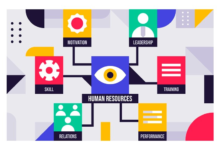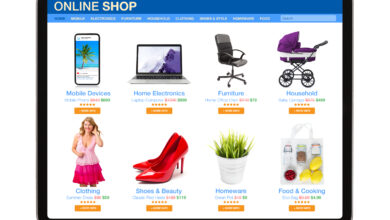
Protecting Privacy While Practicing Ongoing Monitoring
How compliance prevents your continuous employee monitoring program from feeling like “Big Brother.”
Background checks always involve balancing an organization’s right to protect its people, assets, and reputation with the obligation to respect the privacy of individuals. This balance is achieved by practicing strict compliance with FCRA regulations surrounding the collection, use, and disposal of consumer information.
The same principles apply to continuous employee monitoring. It’s possible to stay on top of issues that might compromise your workplace while also protecting people’s privacy. Compliance is the key.
Table of Contents
What is continuous monitoring, how does it work, and what role does compliance play?
Pre-employment background checks set a minimum standard for employees across the areas that are screened. For example, with the help of employment screenings, you’ll know that your drivers have clean motor vehicle records, your retail associates have clear criminal records, and your “C” suite team is free from compromising social media activity. Continuous employee monitoring ensures that these baseline standards continue to be met.
Continuous monitoring is not spying on your employees, looking for “bad” behavior, or playing “gotcha.” Rather, ongoing monitoring with the help of a professional screening vendor could look like the following:
Criminal Record Alerts
If one of your employees engages in criminal activity after you’ve hired them, you may need to know. Not knowing carries risks such as negligent retention suits, high insurance premiums, poor performance, or damages to your business or reputation. Ongoing criminal records checks detect criminal activity as soon as it’s committed and before harm can be done to your organization.
Compliance: Not all criminal activity is relevant to the job. Your background check provider will flag the activity, assess whether it’s relevant or poses a risk, and pass along the info. Then, you can follow predetermined company policies to take any necessary actions.
Drug Testing
Regular or random drug testing boosts productivity, prevents accidents, and improves morale.
Compliance: Drug and alcohol testing programs must be communicated clearly and conducted consistently to all employees.
Motor Vehicle Reports
Ongoing MVR monitoring keeps bad drivers representing your business off the road. Suppose one of your drivers has had their license suspended or been involved in a DUI even when not driving on the clock. In that case, you need to know because continuing to allow them to drive for you may be a violation of industry standards and may put your organization at risk.
Compliance: Relevance is, of course, key. MVR monitoring should be focused on drivers or other similar positions. You likely don’t need to know if your sales clerk lost their license or your AP clerk had a moving violation last weekend.
The Bottom Line
The goal of continuous monitoring is not to spy; it’s to provide the additional, relevant information employers need to protect their workplaces. Ongoing monitoring comes in various forms, so talk to your background check provider about a package that promptly identifies relevant, problematic behavior before issues escalate into costly nightmares.








